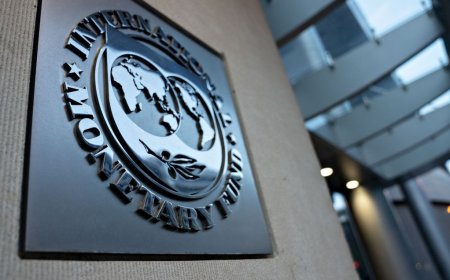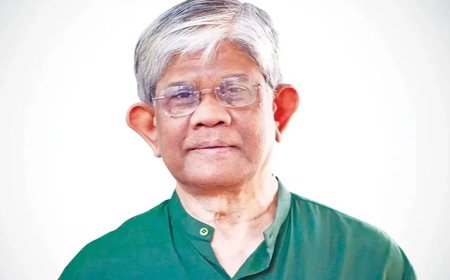Power sector scandal: Seven Star Group siphoned off billions through money laundering
* All funds received as capacity charges were laundered overseas. * The dollar crisis and bank failures are connected to capacity charge payments. * Capacity charges were paid in US dollars. * The ACC is seeking information on 172 power plants implicated in corruption.

A staggering Tk28 lakh crore has been laundered out of Bangladesh during the over-15-year authoritarian rule of the ousted prime minister Sheikh Hasina, according to a report by the interim government’s White Paper Committee on the state of the economy. A significant portion of this amount was siphoned off from the power sector, disguised as payments under the controversial "capacity charge" system.
Preliminary investigations indicate that all funds paid as capacity charges have been laundered abroad. The Anti-Corruption Commission (ACC) has sought information on 172 power plants allegedly involved in widespread corruption during the previous government. The ACC has sent letters to various concerned departments, including the Power Development Board (PDB).
Early findings suggest that seven prominent individuals from the former regime, now dubbed the "Seven Star Group," were directly involved in the money laundering. These individuals, considered VIPs under the previous administration, are now living abroad. They include Hasina’s sister Sheikh Rehana, her son Sajeeb Wazed Joy, Rehana’s son Radwan Mujib Siddiq, former state minister for power Nasrul Hamid Bipu, former principal secretary and SDG coordinator Abul Kalam Azad, former principal secretary Ahmad Kaikaus, and Summit Group owner Aziz Khan.
These individuals reportedly received commissions from the laundered funds, with three former Bangladesh Bank governors also implicated in the scandal. To facilitate the laundering, capacity charges were paid in US dollars, which is now identified as a key reason behind the country’s worsening dollar shortage.
The prolonged dollar shortage and liquidity crisis in Bangladesh’s banks have been attributed to this massive money laundering operation. Despite significant remittance inflows, the dollar crisis persists in the power sector, resulting in bank bankruptcies and an economic crisis. Genuine businesspeople are struggling to buy dollars, and banks are facing difficulties opening Letters of Credit (LCs), further deepening the crisis.
Transparency International Bangladesh (TIB) Executive Director Dr. Iftekharuzzaman commented that the power sector saw rampant corruption under the guise of capacity charges over the past 15 years. He called for accountability for these irregularities.
Between 2008-09 and 2021-22, Tk89,740 crore was paid in capacity charges to rental, quick rental, and independent power producer (IPP) plants. If figures from FY23 and FY24 are included, the total exceeds Tk1 lakh crore. Investigations show that the payments were primarily made in US dollars, exacerbating the dollar shortage.
Summit Group, with Sajeeb Wazed Joy as its chief patron, received approximately Tk10,623 crore in capacity charges. Other major recipients include Aggreko International (Tk7,932 crore), Erda Power Holdings (Tk7,523 crore), United Group (Tk6,575 crore), and Rural Power Company Limited (Tk5,117 crore). The payments were made despite a decline in power output from private rental and IPP plants during this period.
Additionally, Bangladesh paid around Tk11,015 crore in capacity charges for electricity imports from India over the past nine years. These capacity charges, which began in the 2013–14 fiscal year, have steadily increased.
The power plants, particularly rental and quick rental plants, were initially approved for three-year contracts, but these were repeatedly extended. In many cases, the same plants were sold to the government multiple times, enabling companies to profit at the expense of public funds. Investors typically contributed only 25-30% of the total project cost, with the rest financed through bank loans, which the government repaid with interest. The recurring payment scheme facilitated widespread profiteering and furthered corruption in the power sector, causing significant damage to the country’s economy.
What's Your Reaction?






















































































